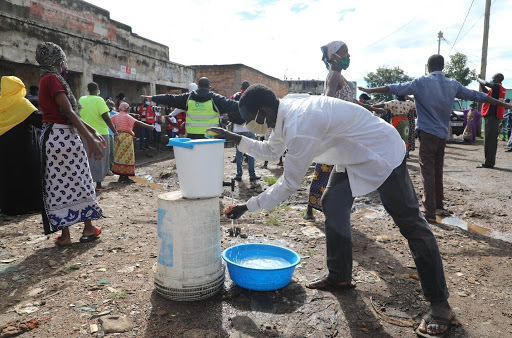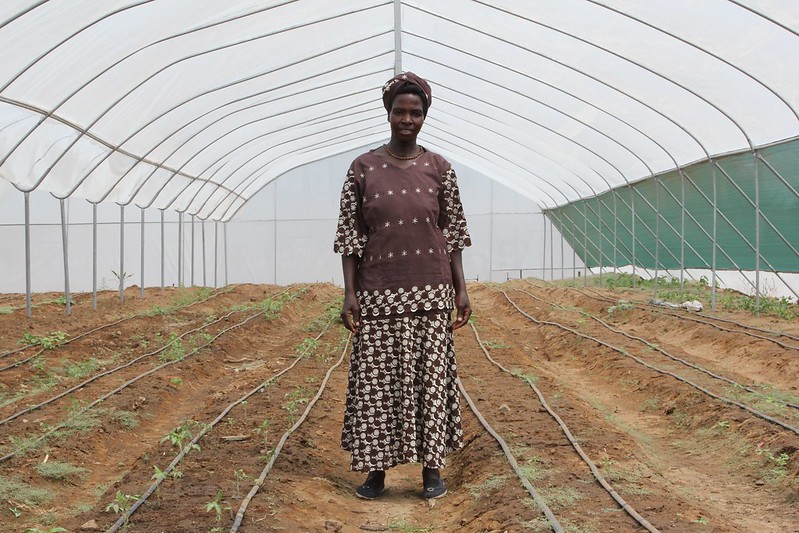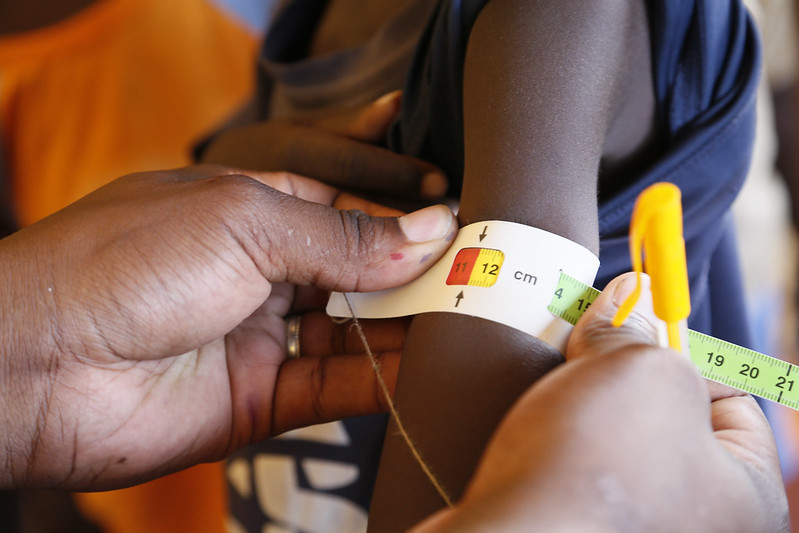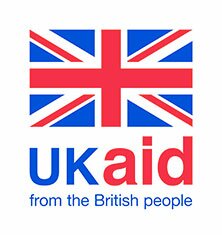COVID-19

In response to the COVID-19 pandemic, more than 200 countries/territories have expanded and adapted their social protection systems to mitigate the economic impact of the pandemic. Maintains is conducting a cross-country study to provide an operational assessment of these social protection responses using the conceptual framework and research questions described in this note.
Authored by Rodolfo Beazley, with Alexandra Doyle, Madhumitha Hebbar, Karin Seyfert, and Ludovico Carraro
All Maintains evidence and articles relating to COVID-19 can be found here.






COVID-19 presents major governance challenges. First, it requires a ‘whole of government’ approach – with joint activities and coherent decision-making across diverse ministries, public administrations, and agencies. Second, it requires a ‘whole of society’ response, where multiple levels of government work with the private sector, NGOs, and civil society in collaborative governance. Third, plans – and the teams put in place to deliver them – need to be adaptable due to uncertainty, imperfect information, and unclear scientific evidence.








Credit: John Bundi / Kenya Red Cross Society
This executive summary of the full report documents the experiences and challenges of scaling up the response to COVID-19 in the first three months of the outbreak – March to May 2020 – in five countries: Bangladesh, Kenya, Pakistan, Sierra Leone, and Uganda. Authored by Debbie Hillier, Tom Newton-Lewis, Rithika Nair, and Christoph Larsen.





Credit: John Bundi / Kenya Red Cross Society





Credit: John Bundi / Kenya Red Cross Society
This report synthesises the findings from a series of rapid situation analyses on the initial response to COVID-19 in the first few months of the outbreak – March to May 2020 – in five countries: Bangladesh, Kenya, Pakistan, Sierra Leone, and Uganda. Authored by Debbie Hillier, Tom Newton-Lewis, Rithika Nair, and Christoph Larsen.





Credit: John Bundi / Kenya Red Cross Society



Credit: Russell Watkins/DFID
As the number of COVID-19 cases in Kenya continues to rise, this article examines the response of the Government, the impact on essential services, and recommendations for response and recovery.



Credit: Russell Watkins/DFID



Credit: Marisol Grandon/DFID
The COVID-19 pandemic will mean many more millions of people will not have enough to eat, with predictions that some 265 million people could be pushed into acute food insecurity. This rapid literature review explores strategies to address the short and longer term impacts of malnutrition caused by the pandemic.



Credit: Marisol Grandon/DFID



Credit: Russell Watkins/DFID
The COVID-19 pandemic will cause the already significant numbers of people who do not have enough to eat to rise, with predictions that some 265 million people could be pushed into acute food insecurity. This rapid literature review explores strategies to address the short and longer term impacts of malnutrition caused by the pandemic.



Credit: Russell Watkins/DFID



Credit: Pippa Ranger/DFID
In the wake of the COVID-19 pandemic, education provision has been disrupted at an unprecedented scale. This summary outlines some of the key findings and recommendations from a rapid literature review on the impact of health shocks on education.



Credit: Pippa Ranger/DFID



Credit: Lindsay Mgbor/DFID
In the wake of the COVID-19 pandemic, education provision has been disrupted at an unprecedented scale. This rapid literature review draws lessons from the global experience on the direct and indirect impacts of a pandemic like COVID-19. Authored by Shrochis Karki.



Credit: Lindsay Mgbor/DFID


